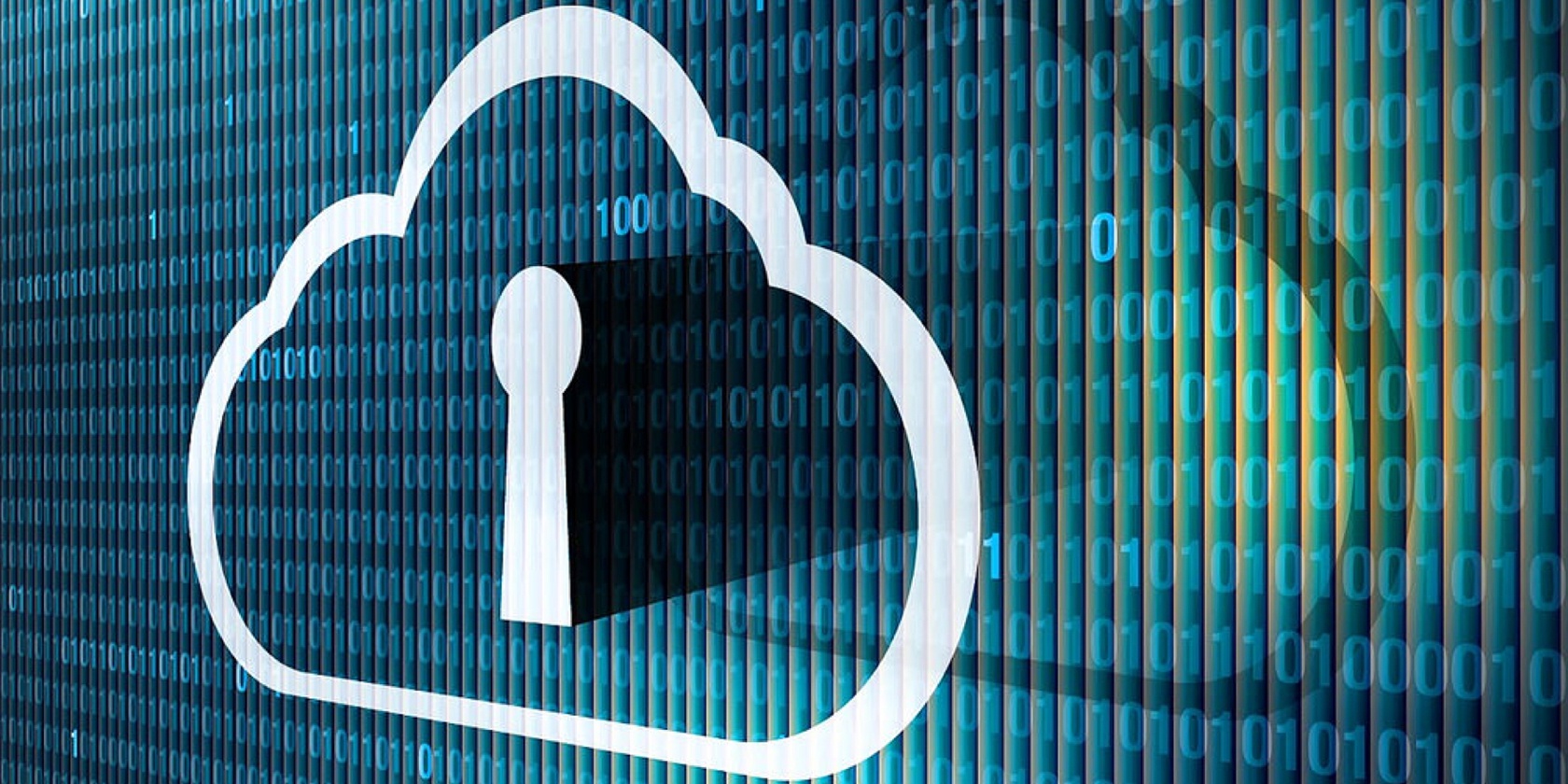When you think about cyber security, you probably think about changing your passwords once a year or using a secure internet server, but the sheer volume of confidential data that law firms have access to, makes them clear targets for cyber-criminals. Cyber-attacks should not be taken lightly, as the consequences can be far reaching, sometimes resulting in clients changing firms. In some cases, the release of data can also be a serious legal and ethical violation. With this in mind, the best way to protect yourself is to educate your staff on common threats.
Malware can affect even the most well-prepared law firms. Malware is a hidden piece of software that is typically downloaded unwittingly along with another file or program. The malware embeds itself in the system undetected and can remain dormant for varying periods of time. Many pieces of malware are hard to eliminate with typical antivirus tools. Malware programs are designed to be difficult to detect and even more difficult to remove. Typically, malware accesses confidential data, such as passwords or contact information.
Recently, firms have seen an increase in attacks by an even more concerning form of malware called “ransomware.” Ransomware is where a hacker changes your passwords and locks you out of your system unless you agree to pay him his asking price. To avoid paying for your own data, it’s critical that you keep an offline backup of your most important information. Regular backups can prevent you from being extremely vulnerable in a case of ransomware. We recommend storage disks that connect via USB and are not accessible through the internet. You should also install antivirus and anti-malware software, which can protect you from less sophisticated attacks. Finally, don’t overlook the importance of employee training! Make sure your employees practice internet safety. Discourage your employees from downloading anything from unverified locations or email links they can’t identify.
Phishing scams are another common security threat. In a phishing scam, a hacker will send you an email asking you for your personal information. Your entire firm receives these emails, ostensibly from your IT department. They can be even more targeted and tailored to appear as if they are coming from a specific employee. These attacks are hard to identify in the moment, but easily prevented with good preparation. Again, one of the strongest prevention tools is employee education. During your onboarding process, make it very clear that the IT department will never send emails asking for password information. When all your employees have this training prior to an attack, it can greatly reduce your liability.
If you have experienced a cyber-attack or if you’d like more information about prevention, contact our First Legal Digital department today!






